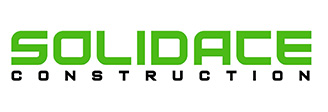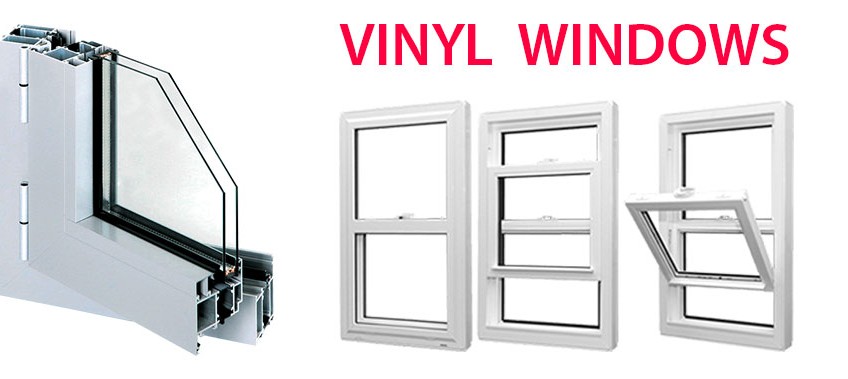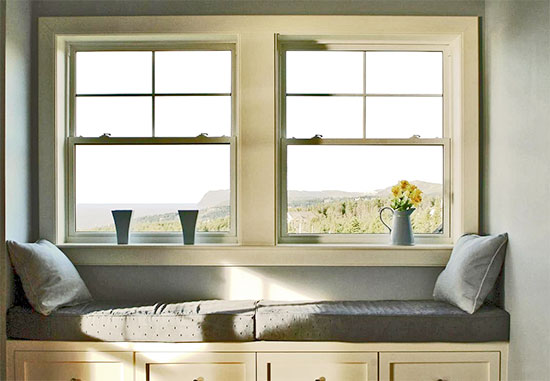Vinyl (PVC or uPVC)
Vinyl windows are very common and made using components made of polyvinyl chloride or PVC. Polyvinyl chloride is a combination of different chemicals, plasticizers and pigments. Polyvinyl chloride is also used to make plumbing pipes, electrical pipes, and many other plastic items. Window components for vinyl windows are extruded and contain hollow chambers.
The hollow chambers make for a lighter product and easier for welding the components together. Regular PVC (polyvinyl chloride) is a common, strong but lightweight plastic used in construction. It is made softer and more flexible by the addition of plasticizers. If no plasticizers are added, it is known as uPVC (unplasticized polyvinyl chloride).
A well-constructed, properly installed vinyl window can be a practical choice: budget-wise while still offering excellent energy efficiency measures through insulated glass and tight construction that reduces air leakage.
The Advantages and Disadvantages of Vinyl Windows
PROS of Vinyl Windows
- The material used to make vinyl windows, PVC or uPVC, is a safe, stable compound that will not warp or flex.
- Will not rust, warp, splinter, or rot. Ease of maintenance
- Highly weather-resistant, even in extreme conditions.
- A scratch can almost always be polished smooth with very little effort.
- Since PVC/uPVC is a poor cold or heat conductor, owners get better insulation
- More economical than aluminum/metal windows
- Easy to handle and lightweight
- Vinyl windows has various colors and designs to mimic wood.
CONS of Vinyl Windows
- Over time, PVC/uPVC vinyl may become slightly brittle; a hard blow could break it.
- Though fire-resistant, vinyl windows will melt if they are exposed to a prolonged flame.
Need advice on window design or replacement? Please give us a call SolidAce Construction & Development Corp. at Dr. V. Locsin Street Dumaguete City or call 035 422-9478,226-2880 and our team of experts can help you incorporate energy efficiency standards into your current and future home projects.


